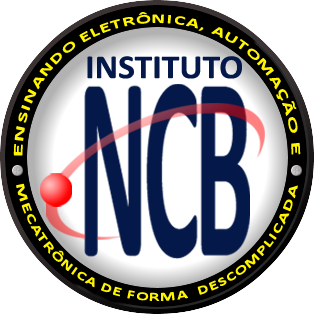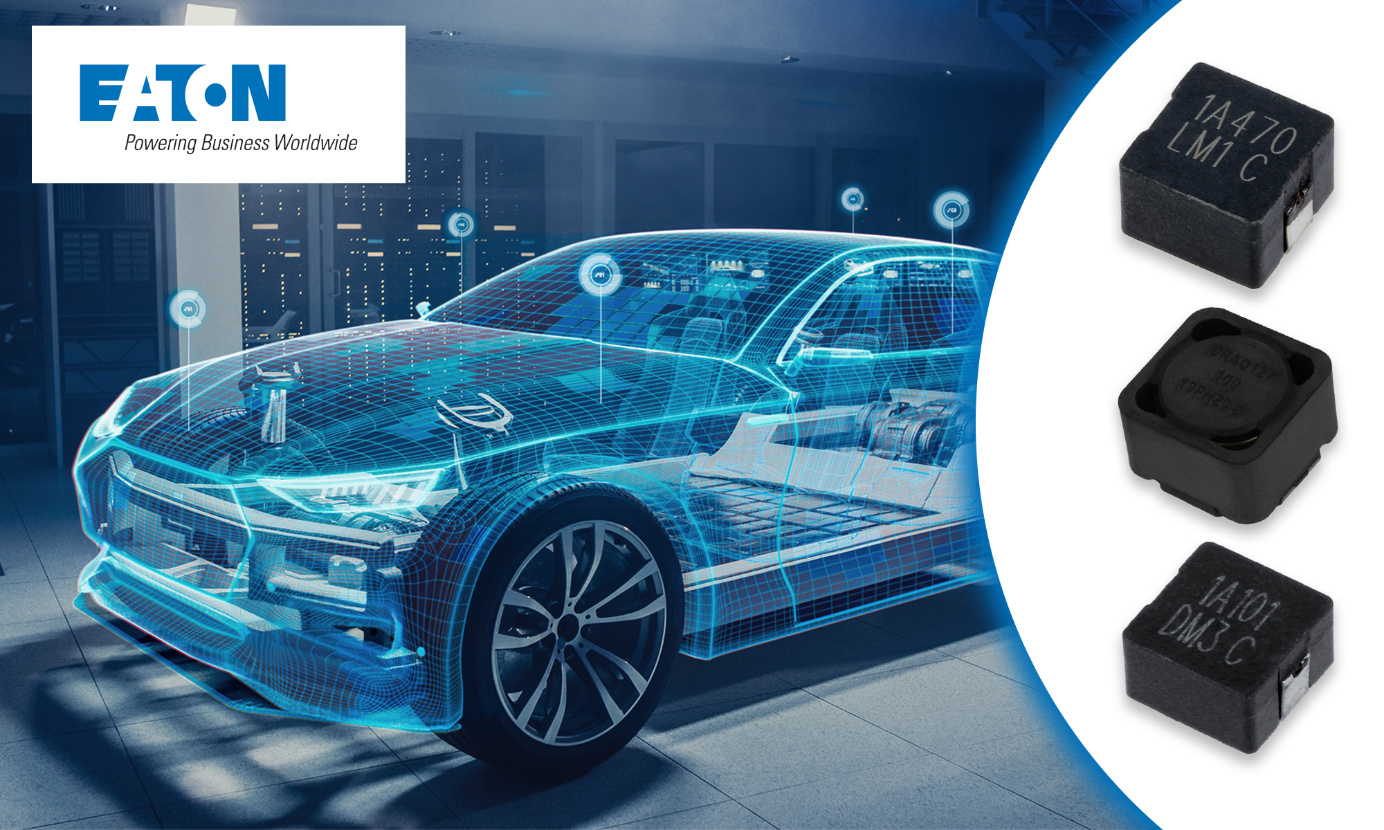Inductive components are the fundamental building blocks of switched-mode LED drivers. In fact, it is the quality and capability of the inductive solutions that determine in which areas semiconductor light sources will be commonly used in the future.
Eaton is known primarily as a supplier of industrial equipment and components, but its extensive portfolio also includes a wide range of specialist electronic components characterised by impressive parameters. Below, we present one of such products – power inductors designed for building electronic circuits for automotive applications. These products belong to the DRA, DRAQ and HCM1A series and have been designed as a solution to a specific and very important problem.
**POWER SUPPLY FOR LED LIGHTING IN VEHICLES
LEDs have irreversibly changed the field of lighting, especially in homes or offices. However, due to their characteristics, their implementation in the automotive industry has proved to be problematic. The performance of drivers has been a stumbling block, as typical LDO (Low-Dropout) voltage regulators are not able to provide enough power to supply low beam, high beam or stop lights, which need to exhibit high intensity to ensure visibility even on a sunny day.
The costs of power supply circuits that would not only be characterised by an adequate current capacity, but also by resistance to vibration, shock and high temperatures (often over 120°C) resulted in LEDs being used mainly in interiors or in expensive cars. In the consumer segment, halogen or xenon lamps were mainly utilised, whose main disadvantage is the incorporation of moving components, such as filaments or electrodes with a short lifetime (compared to semiconductor structures).
A surface-mounted DRA power inductor
This is where the presented solutions from Eaton come in handy. These power inductors are AEC-Q200 certified, i.e. they have been tested and approved for use in motor vehicle electronic circuits. Their thermal tolerance ranges from -40°C to 165°C (155°C in the case of the HCM1A series), making them suitable for operation in, for example, the engine compartment. They have been made specifically for the construction of ’boost’ and ‘buck’ switched-mode converters for the automotive sector – not only in the field of lighting, but also for air-conditioning and heating circuits, for interior illumination control and in relatively high-power electric motor controllers (seat positioning, raising/lowering the windows, etc.). These are small-sized SMD (surface mount) components available in a wide range of inductances. They belong to three series: DRA, DRAQ and HCM1A.
DRA series
It is the most extensive series of power inductors for automotive applications in the TME range. Products from this group are characterised primarily by their high power density and efficiency. They are available in two footprints: 7.6x7.6 mm or 12.5x12.5 mm (heights from 3.55 mm to 8 mm, depending on the model). The range includes items with inductance from 290 nH to 1001 µH, capable of operating at currents up to 15.9 A (saturation current even up to 18.4 A). They also display optimal EMI protection thanks to magnetic shielding.
DRAQ series
The products from the DRAQ series are equipped with double winding, thanks to which they can act as a transformer/separator (1:1) and operate as two inductive components connected in series or in parallel to obtain a wider range of voltages or currents (insulation between windings at 200 V AC). Just as in the case of DRA models, the power inductor leads provide optimal protection against vibration, ensuring that the component remains firmly in place even in harsh environments. Another feature shared by all the Eaton products presented here is the low moisture sensitivity level (MSL: 1). The inductance of the DRAQ power inductors that are available at TME ranges from 4.48 µH to 217 µH.
HCM1A series
This group includes the smallest of the presented components (e.g. 4.4x4.2x1.8 mm). They can operate at frequencies of even up to 1 MHz. This allows them to be used in radio communication circuits. They match the parameters of the above-mentioned products, while exhibiting a slightly lower thermal tolerance (from -55°C to 155°C) – but their most significant advantage is the higher maximum operating current (from 1.3 A to 52 A) and saturation current (even up to 100 A), which further broadens the range of potential applications.




